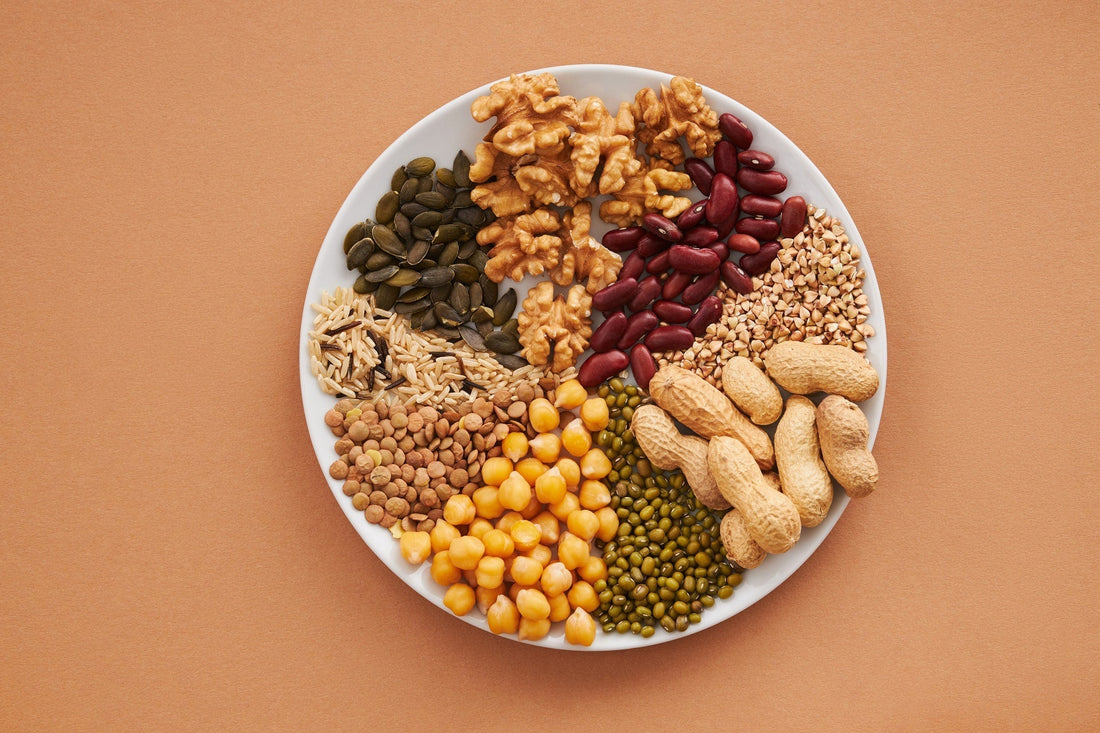
Plenty of fish in the sea - but not many children eat them
Share
Omega 3 fatty acids
Omega-3 fatty acids (FAs), such as EPA (eicosapentaenoic acid) and DHA (docosahexaenoic acid) are ‘good’ fats that must be obtained from the diet as the body cannot synthesis them. The best dietary sources of omega-3 FAs are fish, seafood, nuts, seeds and oils. Children can be notoriously fussy when it comes to certain foods such as fish, so may miss out on omega-3 FAs.
Omega-3 benefits for children
EPA and DHA support the normal development and function of the brain and eyes in children. Supplementing with fish oil can help prevent a dietary omega-3 FA deficiency in children and support their health and wellbeing particularly for:
Choosing the right fish oil for children
Fish oil is available in varying strengths and flavours and comes in a number of different forms. A good quality children’s fish oil will:
Omega-3 fatty acids (FAs), such as EPA (eicosapentaenoic acid) and DHA (docosahexaenoic acid) are ‘good’ fats that must be obtained from the diet as the body cannot synthesis them. The best dietary sources of omega-3 FAs are fish, seafood, nuts, seeds and oils. Children can be notoriously fussy when it comes to certain foods such as fish, so may miss out on omega-3 FAs.
Omega-3 benefits for children
EPA and DHA support the normal development and function of the brain and eyes in children. Supplementing with fish oil can help prevent a dietary omega-3 FA deficiency in children and support their health and wellbeing particularly for:
- Brain health - Omega-3 FAs, particularly DHA, are important during periods of brain growth spurts which take place at various times of early brain development, throughout childhood and into adolescence. DHA has an important role in normal brain development in children, being taken up by the brain in preference to other FAs. EPA is also required for healthy brain function and nervous system development as it is involved in oxygen transportation, energy storage, cell membrane integrity and intracellular communication.
- Eye health - The first eight years of a child’s life are significant for eye development. DHA is an important structural component of the membrane of the retina and nervous tissue of the eye. FAs support eye development and healthy eye function in children.
- Nervous system and cognitive function - Omega-3 FAs play an active role in neuronal membrane function and fluidity, supporting nervous system function and health. In particular, DHA is a structural component of the lipid membrane of all nerve tissue. As well as supporting the central nervous system and the brain, omega-3 FAs support cognitive and mental function in children.
Choosing the right fish oil for children
Fish oil is available in varying strengths and flavours and comes in a number of different forms. A good quality children’s fish oil will:
- Contain high-strength DHA.
- Be sustainably sourced from wild, small, cold water fish and be tested for heavy metals, including mercury.
- Ideally contain a natural sweetener such as tooth-friendly Xylitol and not contain any artificial colours, flavours or sweeteners. See Children’s Fish-i Care.
